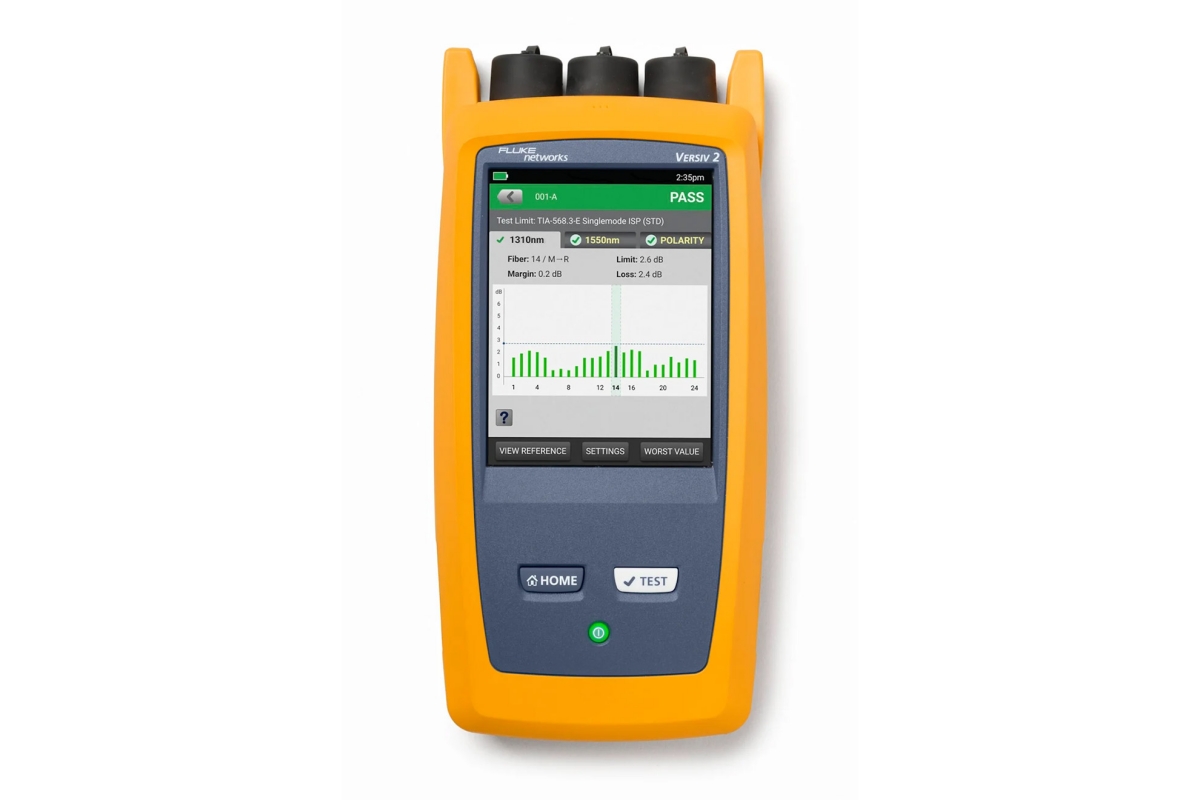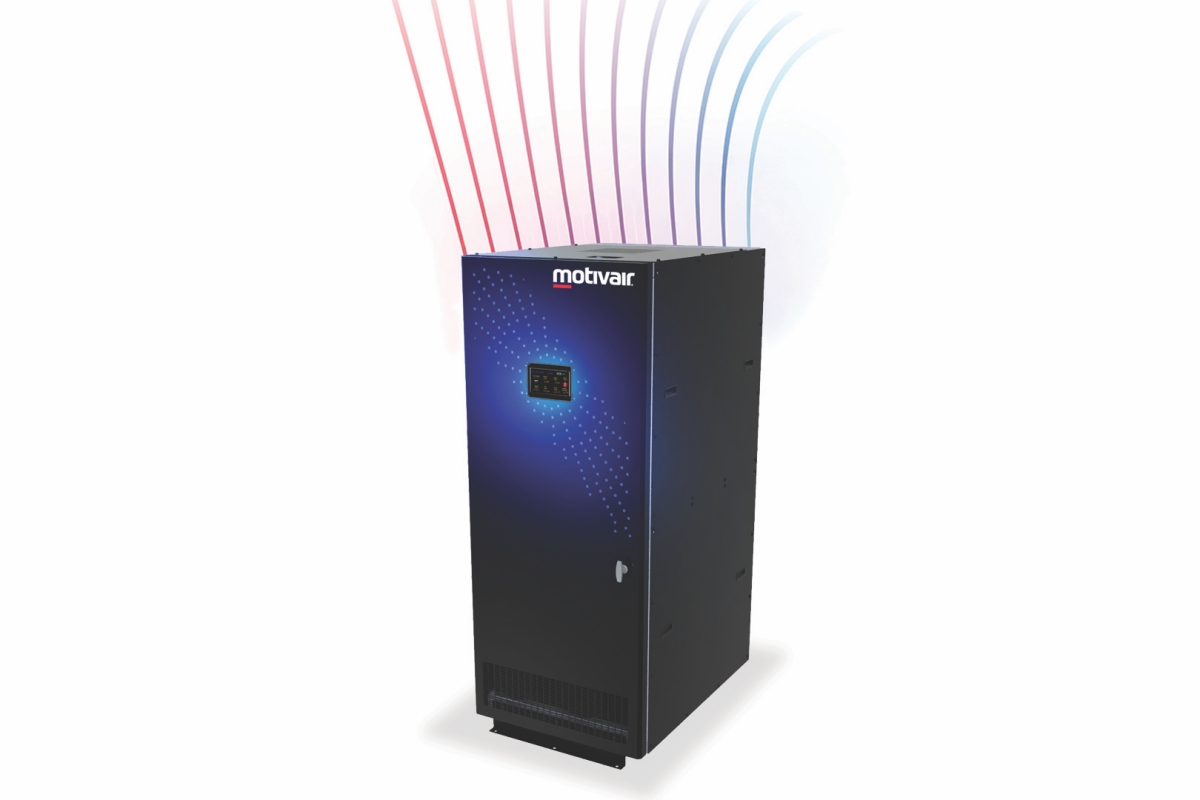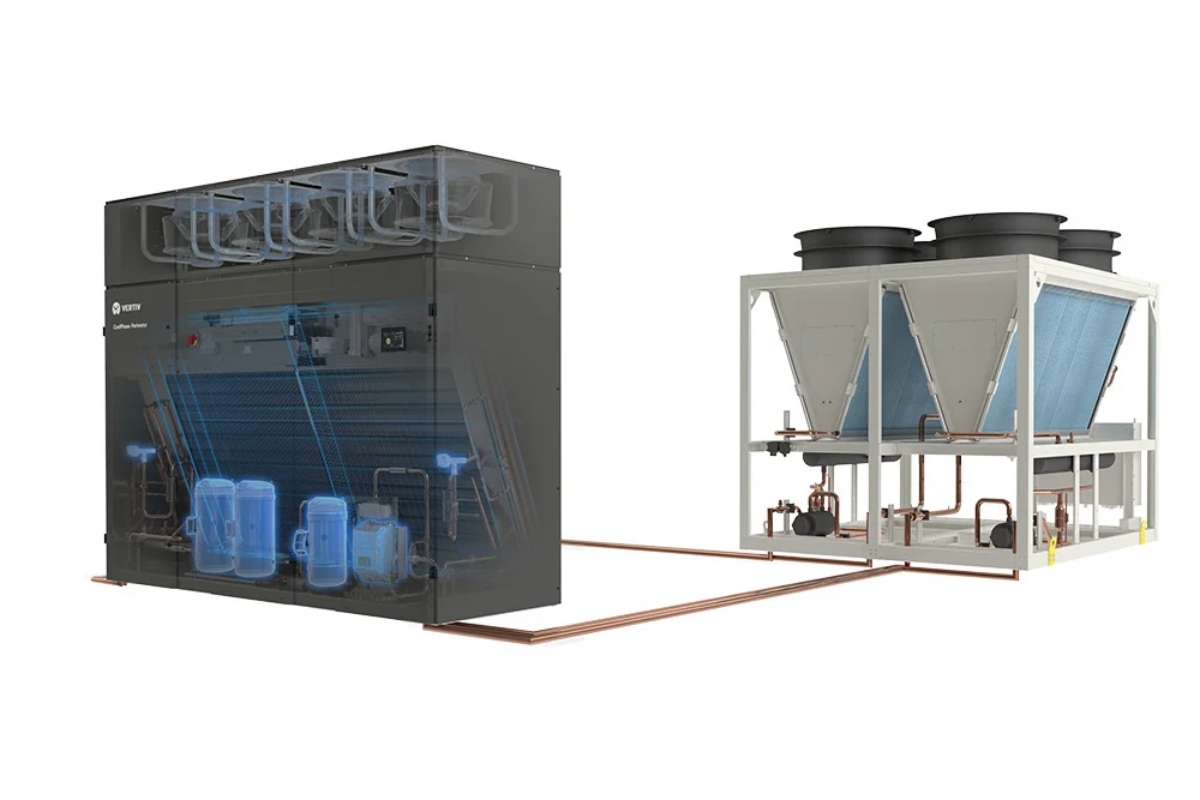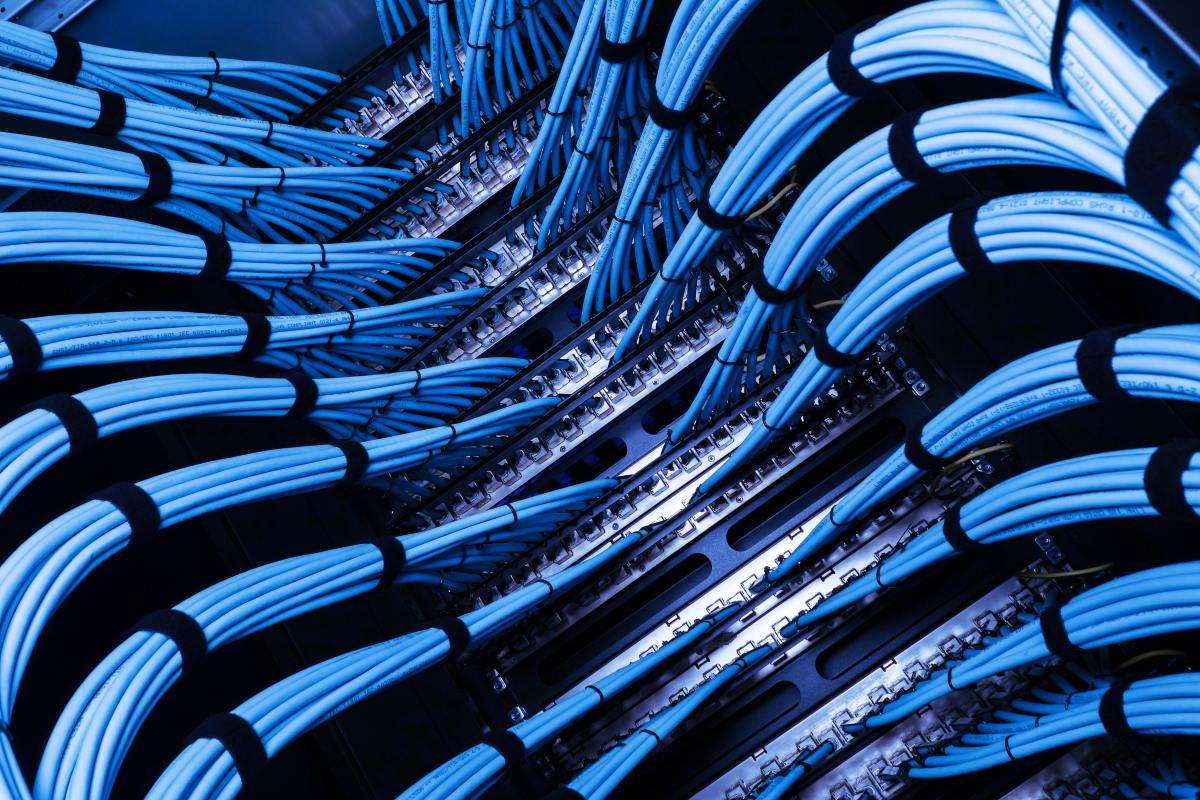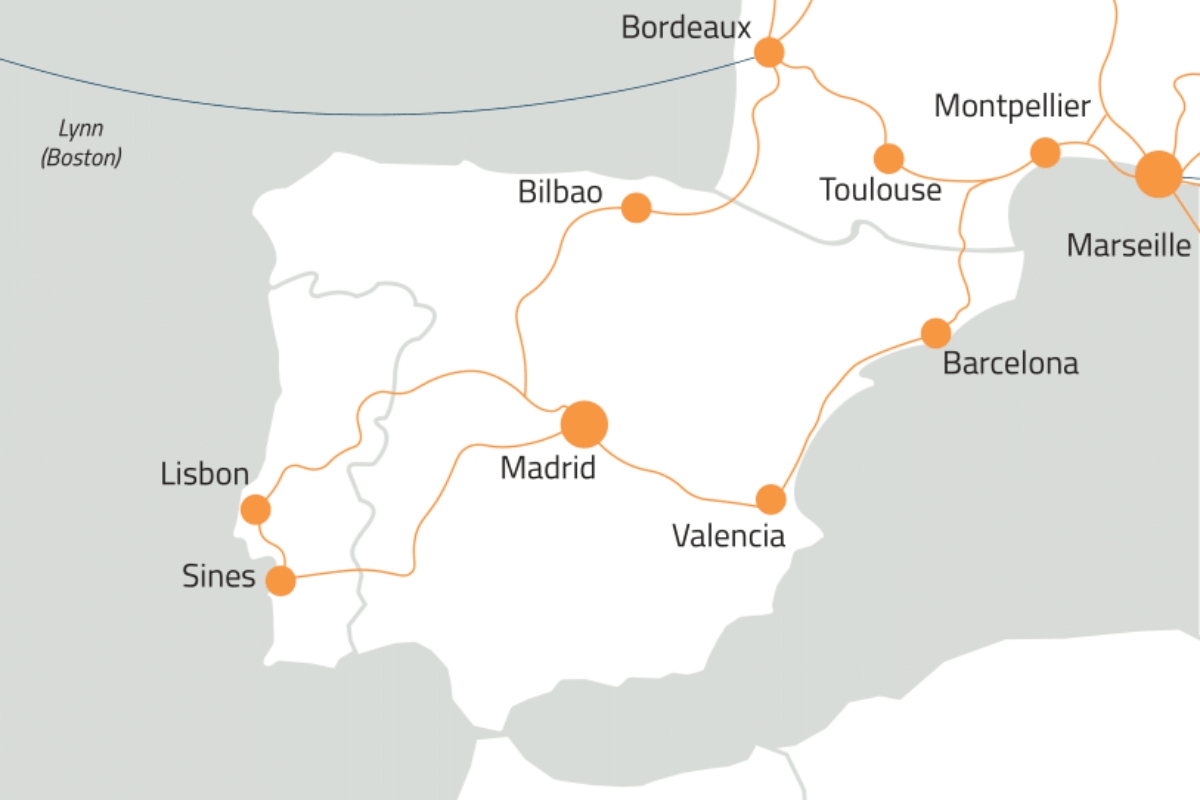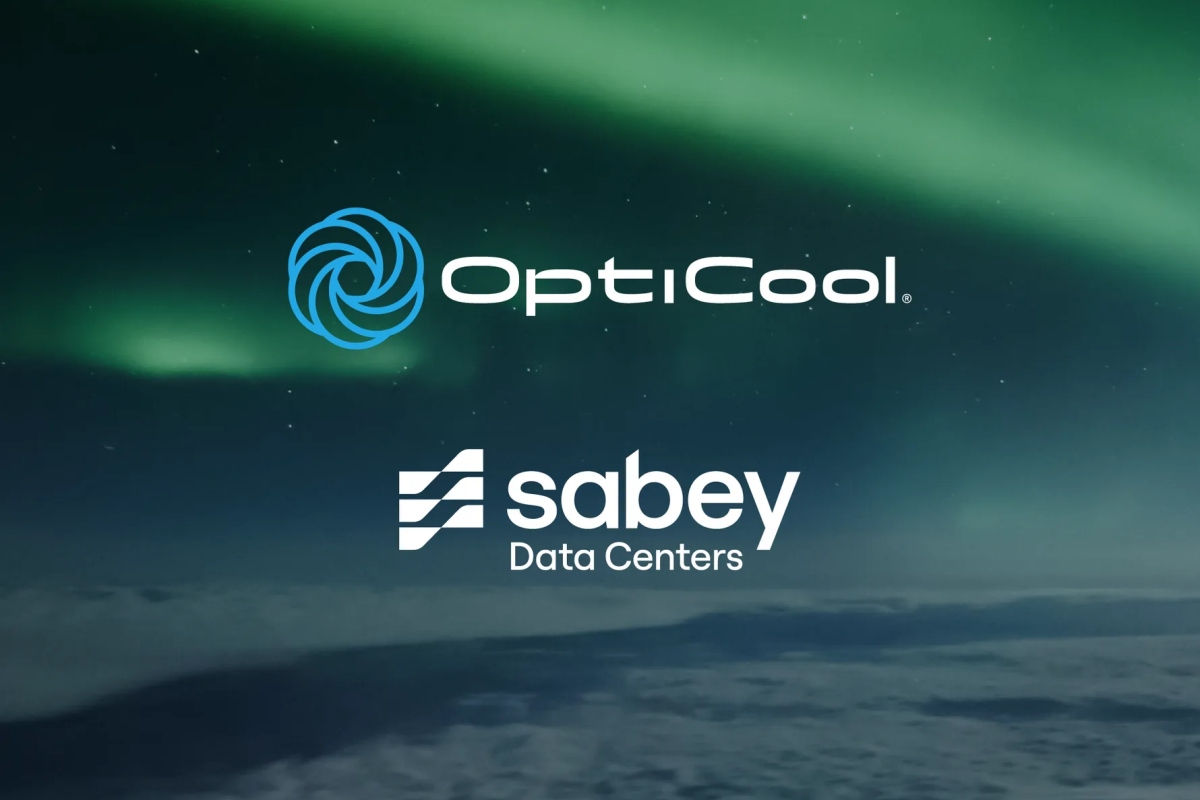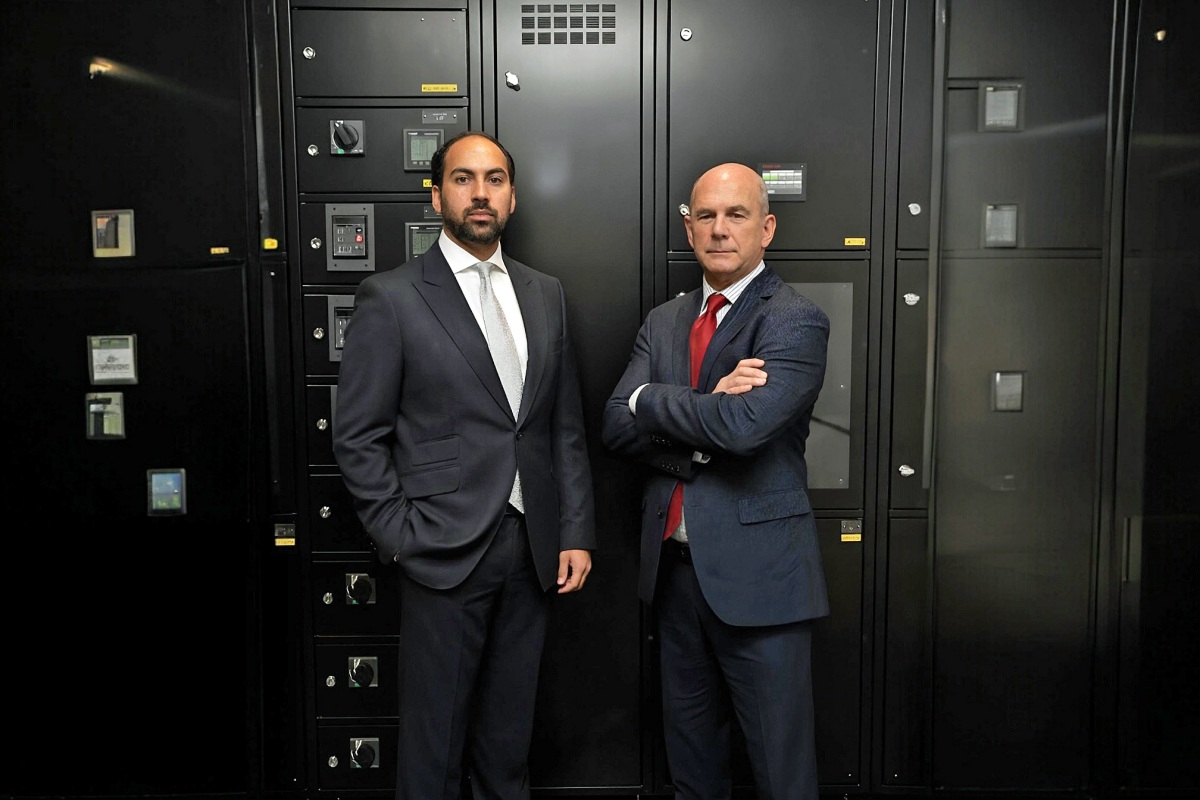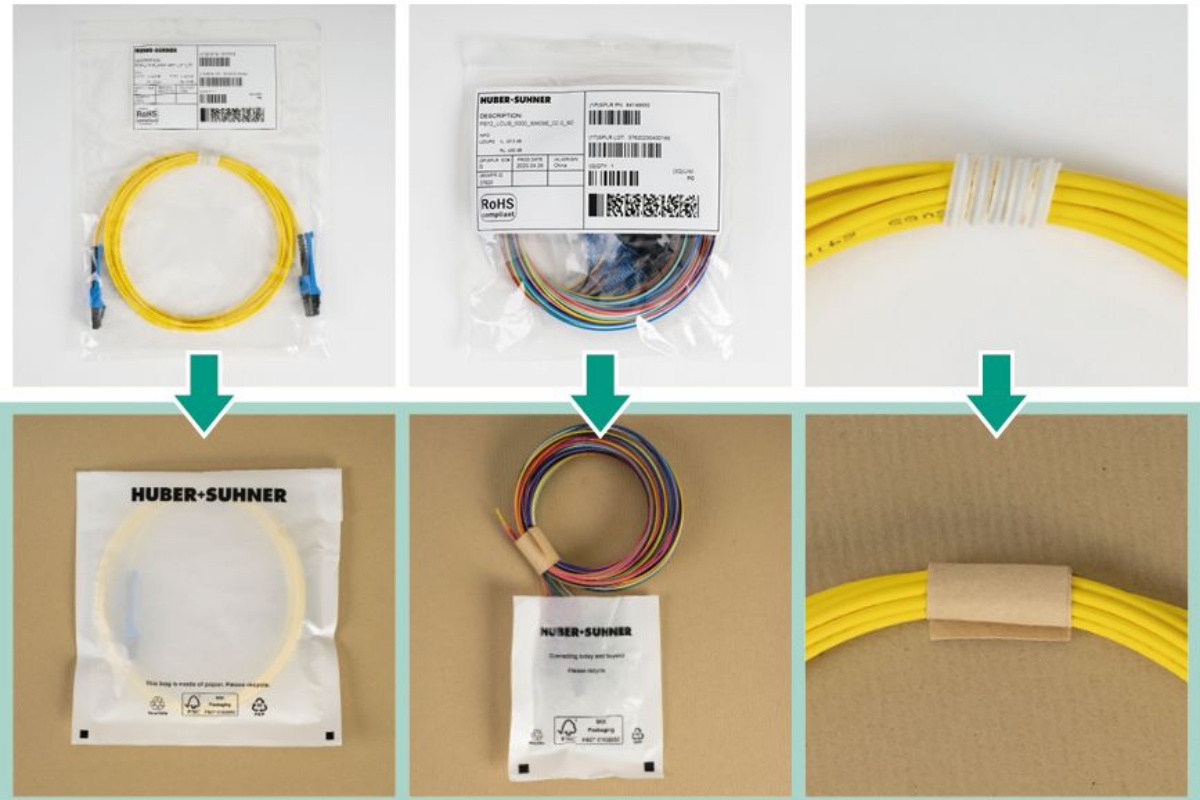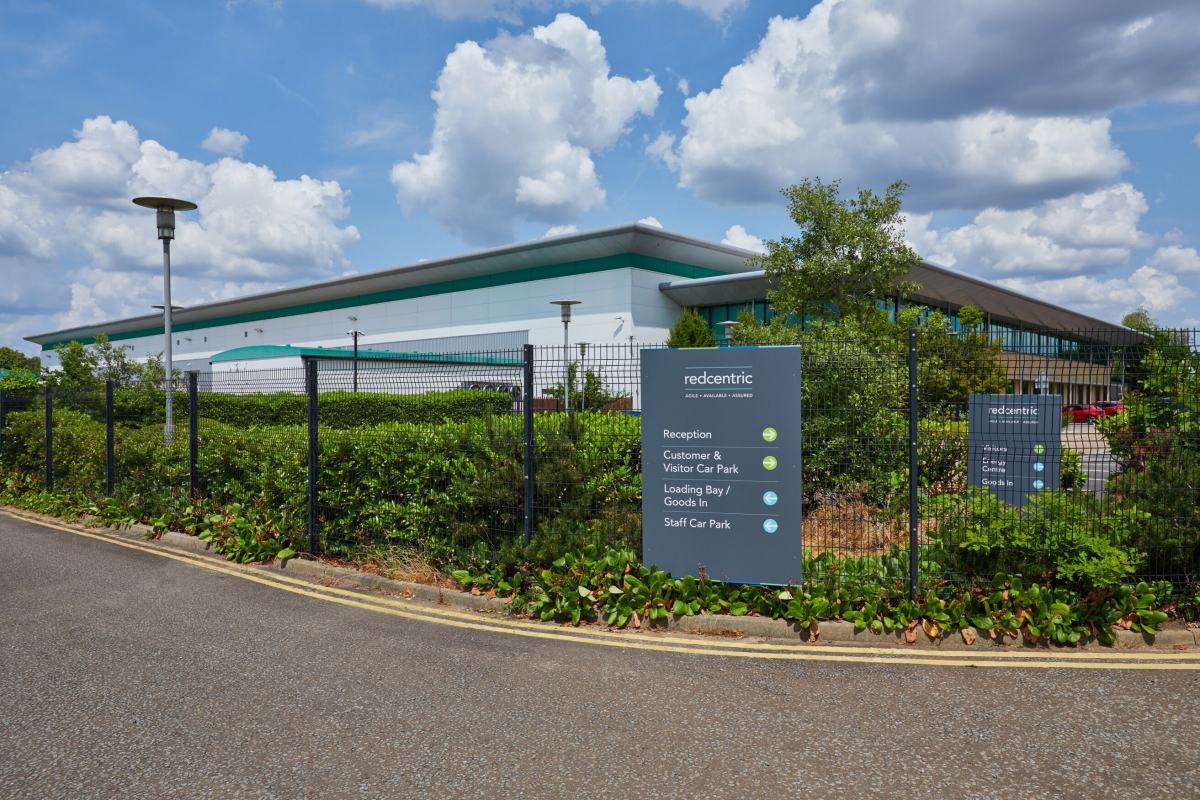23 January 2026
RWE sustainably powers Global Switch’s London DC
RWE sustainably powers Global Switch’s London DC
23 January 2026
McCarthy tops out NV12 project at Vantage’s campus
McCarthy tops out NV12 project at Vantage’s campus
22 January 2026
Warnings of drone‑enabled cyber threats to critical infrastructure
Warnings of drone‑enabled cyber threats to critical infrastructure
22 January 2026
Report: How Slough became Europe's largest DC cluster
Report: How Slough became Europe's largest DC cluster
Latest News
Data Centre Infrastructure News & Trends
Enterprise Network Infrastructure: Design, Performance & Security
Products
Fluke Networks launches CertiFiber Max fibre tester
Data Centre Infrastructure News & Trends
Innovations in Data Center Power and Cooling Solutions
Liquid Cooling Technologies Driving Data Centre Efficiency
Products
Motivair introduces scalable CDU for AI data centres
Data Centre Infrastructure News & Trends
Innovations in Data Center Power and Cooling Solutions
Products
Vertiv expands perimeter cooling range in EMEA
Data Centre Infrastructure News & Trends
Enterprise Network Infrastructure: Design, Performance & Security
Sponsored
Molex turns infrastructure into advantage
Data Centre Build News & Insights
Events
Exploring Modern Data Centre Design
News
Sponsored
Datacloud Middle East comes to Dubai
Data Centre Infrastructure News & Trends
Enterprise Network Infrastructure: Design, Performance & Security
News
Zayo Europe partners with Reintel for network in Iberia
Data Centre Infrastructure News & Trends
Innovations in Data Center Power and Cooling Solutions
Liquid Cooling Technologies Driving Data Centre Efficiency
Sabey Data Centers partners with OptiCool Technologies
Data Centre Infrastructure News & Trends
Data Centre Operations: Optimising Infrastructure for Performance and Reliability
Innovations in Data Center Power and Cooling Solutions
Modular Data Centres in the UK: Scalable, Smart Infrastructure
Prism expands into the US market
Data Centre Build News & Insights
Data Centre Infrastructure News & Trends
Enterprise Network Infrastructure: Design, Performance & Security
Sustainable Infrastructure: Building Resilient, Low-Carbon Projects
Huber+Suhner expands sustainable packaging drive
Data Centre Build News & Insights
Data Centre Infrastructure News & Trends
Data Centre Projects: Infrastructure Builds, Innovations & Updates
Innovations in Data Center Power and Cooling Solutions
Multi-million pound Heathrow data centre upgrade completed

